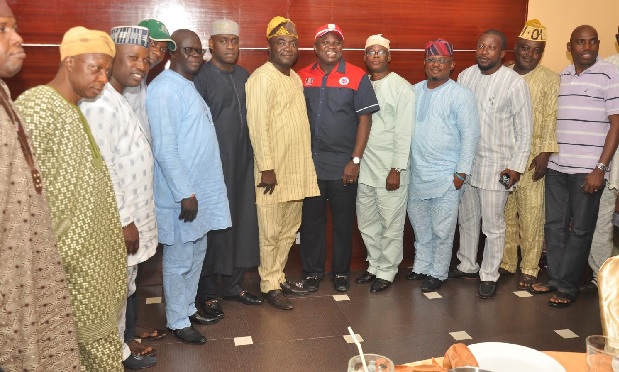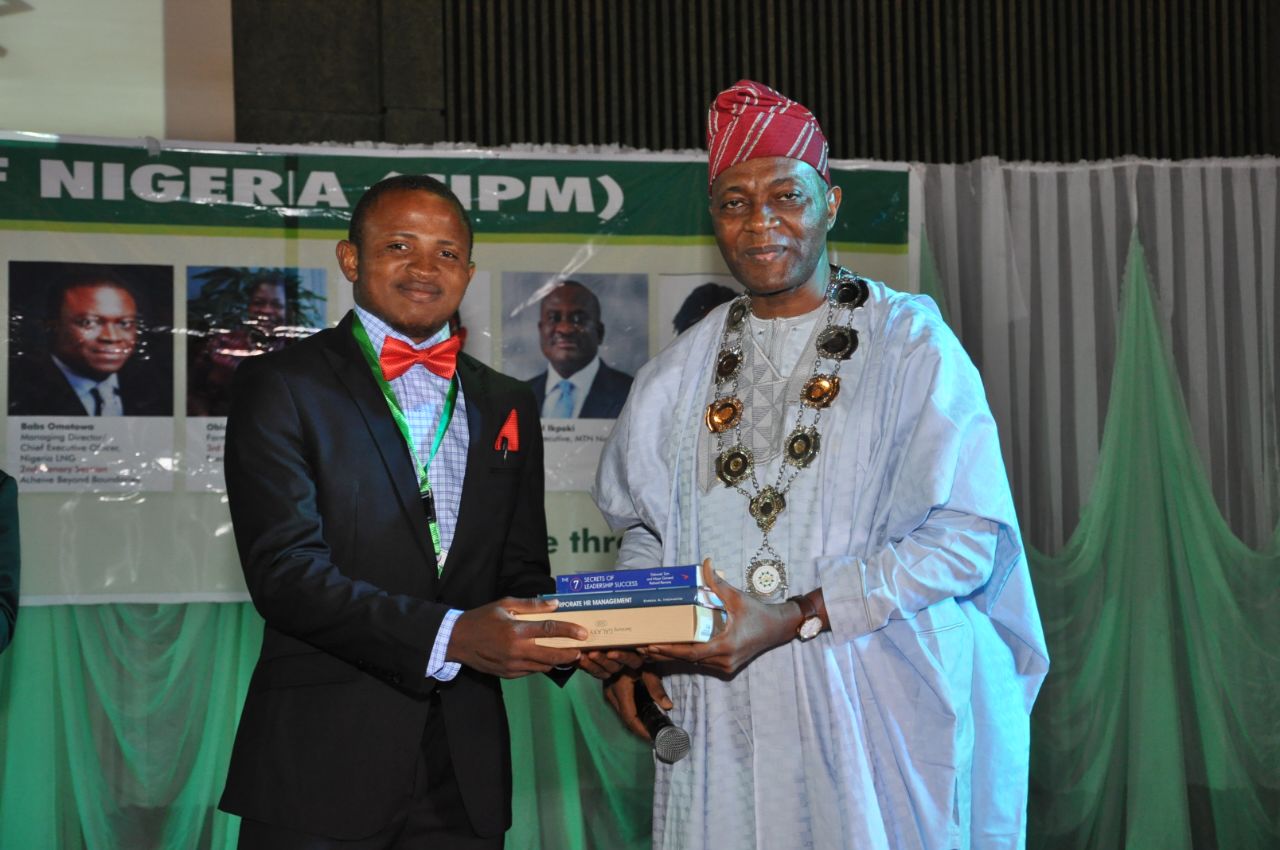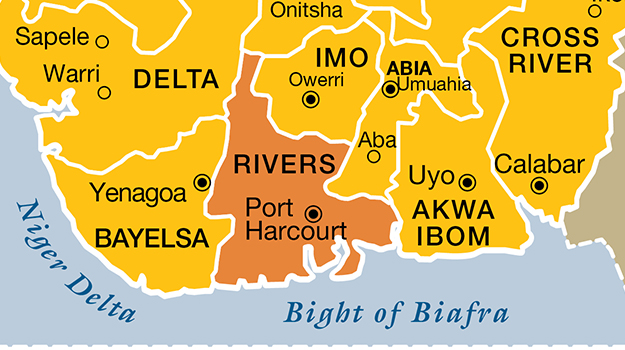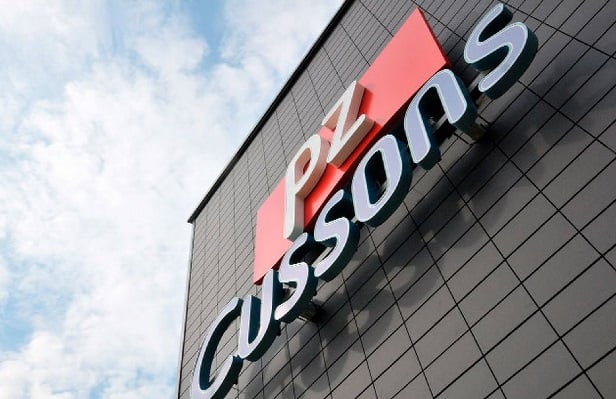Babatunde Fashola, governor of Lagos, wants the state to be given special status so that it can achieve its expected economic growth, since it generates about 20 per cent of the country’s Gross Domestic Product (GDP).
Fashola made this request as he opened the 28th edition of the Lagos international trade fair ceremony at the Tafawa Balewa Square, Lagos.
Speaking in line with the theme of the fair: promoting the Nigerian economy as a preferred investment destination, Fashola said the challenges of infrastructure and security were major obstacles standing against the nation as a preferred location for foreign investors.
Olusola Oworu, the state’s commissioner for commerce, who represented the governor, said without infrastructure such as electricity, it would be difficult to attract the type of local and foreign investors that the state deserve.
Advertisement
“Lagos state generates about 20% of Nigeria’s GDP and as such Lagos has remained the economic centre of the nation,” he said.
“Without tackling insecurity issues, we cannot make this place an investment destination.
“We have identified areas such as agriculture, transportation, housing and power that will take Lagos to its investment destination but the state needs to be given special status to achieve this.”
Advertisement
Remi Bello, president, Lagos chamber of commerce and Industry, emphasized that it was important to create an enabling environs to attract new investors and improve existing ones.
Referring to the constant drop in oil prices, Bello said there was a need to diversify the economy with special attention to non oil sources.
Bello said it was good for the economy that the nation now stood as the largest economy in Africa and the 26th in the world, highlighting its effect on generating large interests among investors globally.
Ilesanmi Agoye, vice president, manufacturers association of Nigeria, urged Nigerians in both the private and public sectors to patronise locally made goods to encourage the creation of jobs and endless opportunities for the youth.
Advertisement
Add a comment






